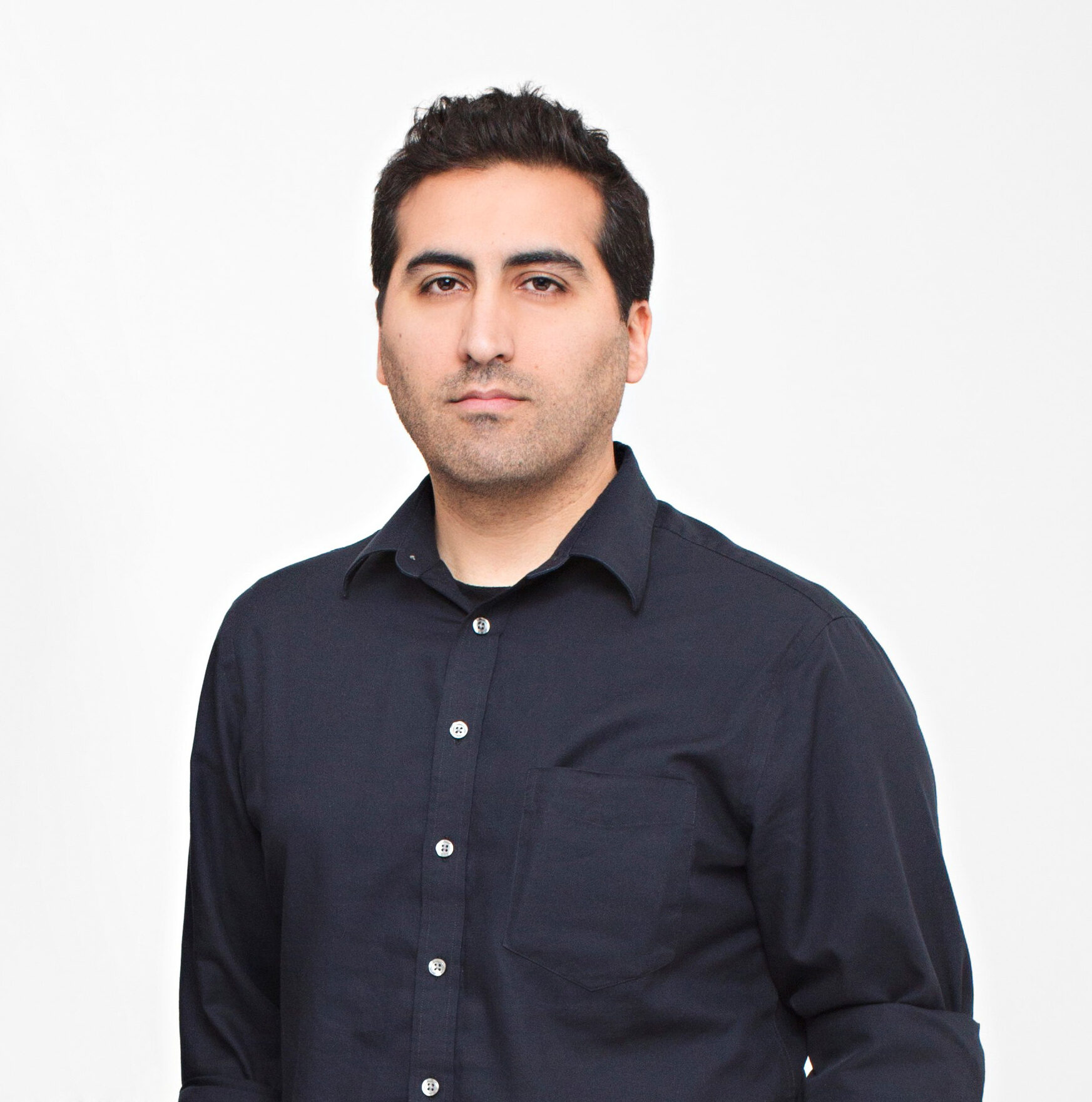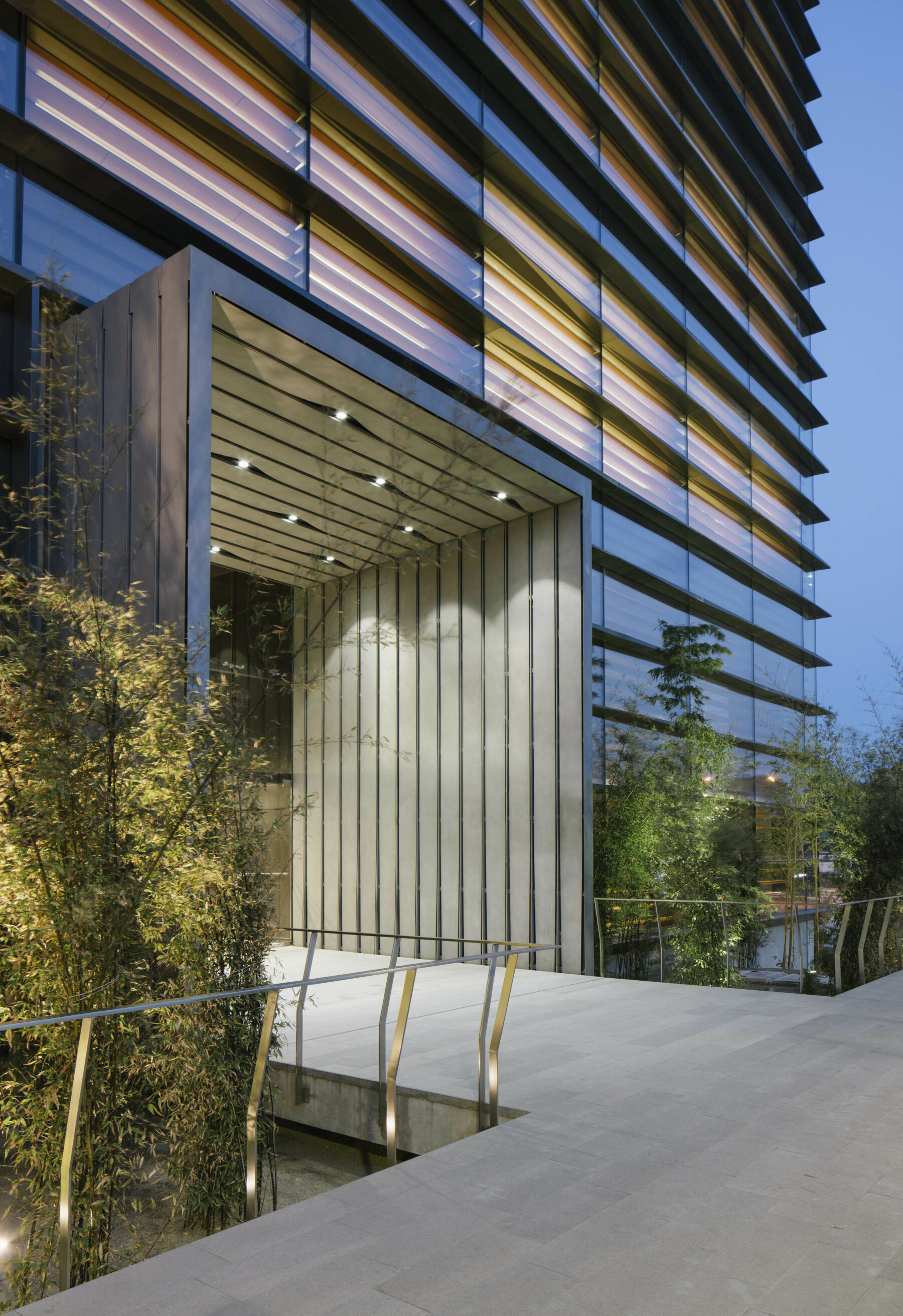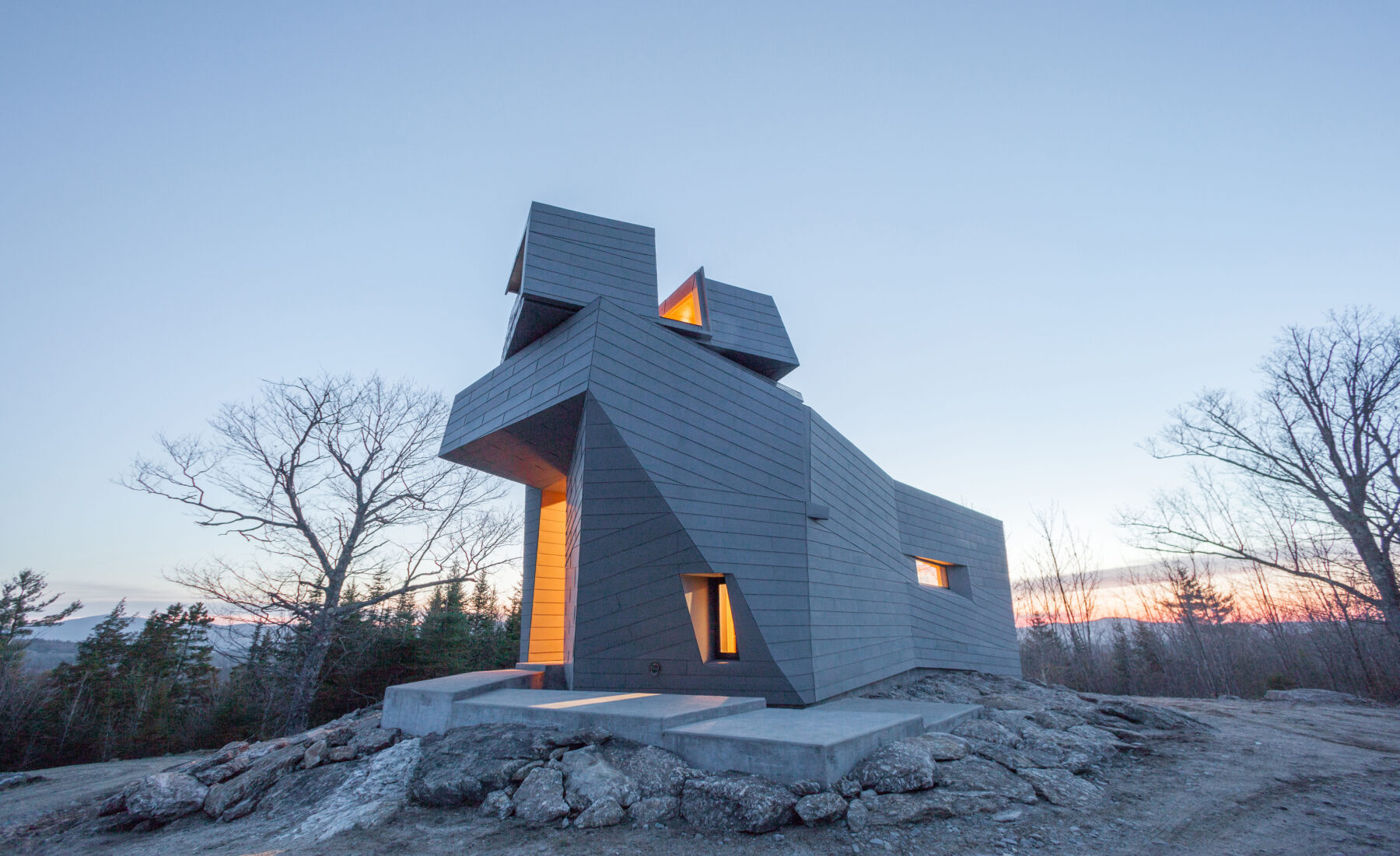Mazen Sakr

Principal, AW-ARCH
As the BSA gets ready to celebrate the 2021 BSA Design Award winners, we are featuring profiles on individuals who served on the 2021 Design Award juries. The awards recognize remarkable achievements in architecture that serve as inspiration for practitioners, and elevate the potential for the positive impact that architecture has on our quality of life.
Tell us about your path to architecture and how it has impacted your career.
Growing up in Lebanon in the 80s and 90s, I had a natural affinity for drawing. I drew everything around me—my family, the mountains, the trees. It was my way of escaping a country that was being torn apart by a civil war. My young mother, who had studied interior design in school, kept her drafting table and tools in a corner of our house which became my de-facto studio. I was also lucky enough to embark on construction site visits during the summers with my father, who was a tile and stone-setting craftsman. Together, drawing and visiting construction sites helped me find my calling to architecture.
After high school, I was admitted to the Institut National des Beaux-Arts in Beirut to study architecture. My studies there were cut short when I immigrated to the USA and settled in Ohio, close to my mother's family. From there I finished my undergraduate studies in Kent, Ohio, and soon after attended Harvard's Graduate School of Design, earning a Masters in Architecture in 2009. At the GSD I met Alex Anmahian, who was my first core professor, and soon after I started interning for AW-ARCH. I have been working with Alex and his partner Nick Winton ever since. l was also mentored by Hashim Sarkis during my time at the GSD; our conversations cemented my love for design and architecture.
What are you working on now?
I have many peripheral interests, including furniture and lighting fixture design, but currently outside of practicing full time at AW-ARCH I enjoy teaching two design studios at Boston University. At AW-ARCH I am currently overseeing a few residential and commercial projects, as well as working on an addition to I.M. Pei's Greene Building on the MIT campus, which has been an incredibly rewarding design project and process.
What interested you in becoming an awards juror?
I have juried in the past for other organizations and found the experiences worthwhile. Being able to meet other professionals in the field and discussing their projects and stories is always a great learning experience, as is getting to debate ideas and take apart projects before reaching a consensus on the winning submissions. The dialogue is rich but not ostentatious, energetic but not forceful, highly conceptual but still practical; qualities I also happen to find essential for a winning project.

What expertise are you excited to bring to this role?
Having been part of a small, highly design-oriented firm for a long time has given me insight into what other similar small studios go through in order to achieve a high level of design, especially when they are just “starting out.”
What do you think is the most important aspect of a successful project?
A successful project forges lasting relationships with clients and delivers a product that goes beyond everyone’s expectations. A successful project is also one that instills resilience—allowing for its current programs and inhabitants to survive for decades to come.
What does “design excellence” mean to you?
Design excellence means striving to achieve a design that resonates beyond the immediate given program. As designers, we should be aware of today’s ecological/climate challenges, cultural/social turmoil, and economic forces. Given these contexts, we are presented with two choices: ignore and proceed—which I believe would lead to the demise of any given project—or research, adapt, and design with awareness of the setting, which ultimately will yield a better project. Design excellence means striving to work within these contexts. With every step forward, a better process and project evolves from previous working models. As design thinkers, we are well-equipped to strive for excellence.
Why do the Design Awards matter?
Given the fast-paced world of social media and the proliferation of design blogs and apps, it is imperative that we become ambassadors and distinguish, as professionals, what is good design and what is not. It is a hard task, but design awards can start that discussion.
If you could create any Design Awards category—realistic or fantastic—what would it be?
One related to Research & Design, honoring an “architectural invention” that was crucial to the success of a project.

Have you won any award(s) from the BSA or another establishment? What elements from winning projects would you like to see shape the future of the profession?
We’ve been fortunate enough to have won multiple Hobson awards and a Harleston Parker Medal for the Community Rowing Boathouse, as well as national AIA awards. Resiliency is one of the principles that has been at the core of every project. I think the future of our profession depends on our understanding of our current environmental impact, and ability to adapt to an unpredictable future. As architects, designers, and planners, we need to foresee this impact and design with an undeniable resiliency built in into each project. Whether it be environmental, programmatic, spatial, or material resiliency, we need to be aware of the choices we make now and work towards a future that will extend the longevity of the projects we design.
What do you see as the largest barrier to equity in the profession and solutions you'd like to see?
The lack of access to early design thinking/architecture education for under-served communities of color.
What is your favorite Boston-area building or structure?
I must be selfish and say the Community Rowing Inc. Boathouse. This was the first “real” project I worked on. I was an Intern at the time at AW-ARCH, and it was a steep learning curve. I got to work with amazing people who influenced my path in architecture and from whom I learned a lot.
What architectural buzzword would you kill?
"Open-concept".

